
Ajeet Gajra, MD, MBBS, FACP, talks about identifying and removing the barriers for offering CAR T-cell therapy at the community practice level.

Ajeet Gajra, MD, MBBS, FACP, talks about identifying and removing the barriers for offering CAR T-cell therapy at the community practice level.
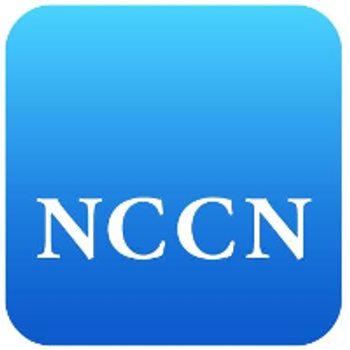
Penn Medicine's Stephen Schuster, MD, offers an overview of an eventful year in CAR T-cell therapy at the NCCN Virtual Annual Meeting.

A CAR T-cell therapy that promises fewer side effects, and possibly lower hospital costs, wins approval after lengthy delays.
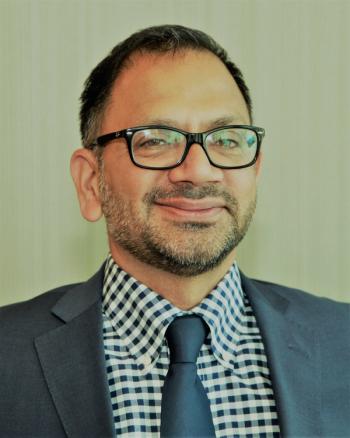
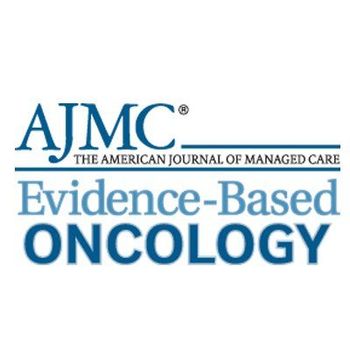
Exciting new and ongoing developments in chimeric antigen receptor (CAR) T-cell therapies were covered at the 62nd American Society of Hematology (ASH) annual meeting.
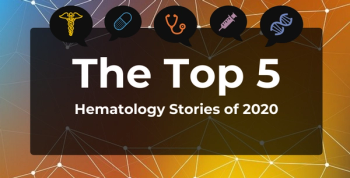
Gene-editing therapy in sickle cell disease and advances in multiple myeloma dominated hematology news in 2020.
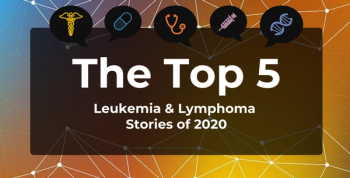
Readers favored news about ibrutinib, the first chimeric antigen receptor (CAR) T-cell therapy in mantle cell lymphoma, and the effect of the pandemic on patients with chronic lymphocytic leukemia.

Results presented earlier this month at ASH showed a 97% overall response rate, and progression-free survival had not been reached.
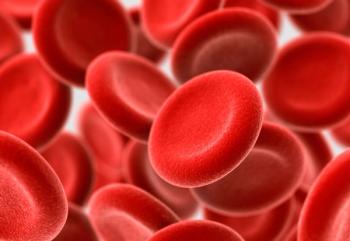
Results were released for a leading chimeric antigen receptor (CAR) T-cell therapy candidate in multiple myeloma, along with long-term findings for an early treatment that may soon face competition.

A preview of the 62nd annual American Society of Hematology meeting, taking place in a virtual format.

Penn Medicine researchers use mice experiments to find a potential solution to the challenge of delivering CAR T cell treatments to solid tumors in glioblastoma.

City of Hope's Dr. Tanya Siddiqi offers an update on a new chimeric antigen receptor (CAR) T-cell therapy awaiting approval from the FDA.
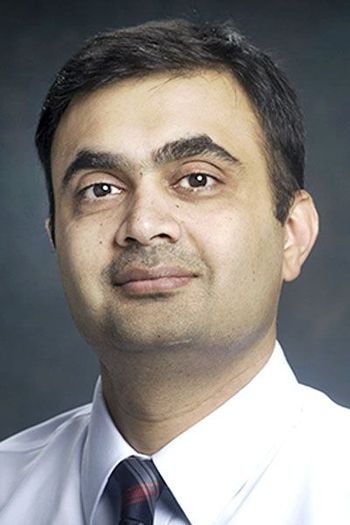
As academic medical centers gain knowledge of how to administer CAR T-cell therapy and manage adverse events, these institutions can be a bridge to bring therapies to community practice.

The vice president for Clinical Services at OneOncology describes challenges and opportunities for chimeric antigen receptor (CAR) T-cell therapy in the community practice setting.
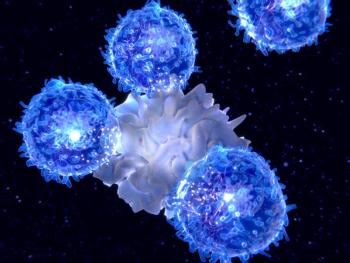
The therapy, to be sold as Tecartus, will be used to treat adult patients with mantle cell lymphoma who have relapsed or not responded to other treatments.

Selected abstracts from the American Diabetes Association's 80th Scientific Sessions discuss when to add injectable therapy, how patients who switched to semaglutide lost more weight and gained glycemic control, and offered results from an early-phase study on a monoclonal antibody that may preserve B-cell function.

During a discussion at The American Journal of Managed Care®’s Patient- Centered Oncology Care® meeting in Philadelphia, panelists outlined the efficacy of the 2 FDA-approved therapies, Medicare reimbursement for CAR T-cell therapies, and the pace of innovation in healthcare.

Reviews of apixaban in active cancer, Medicare costs after CAR T-cell therapy, and the need for financial assistance for novel therapies.

A pair of interviews on investigational therapies whose sponsors reported updates at the 61st American Society of Hematology Annual Meeting and Exposition: UCART19 from Servier and a revamped anti-BCMA therapy ide-cel from bluebird bio.

Coverage from the 61st American Society of Hematology Annual Meeting and Exposition in Orlando, Florida, featured results for allogeneic or "off the shelf" CAR T-cell treatments and bispecific antibodies.
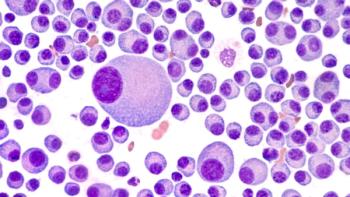
The company presented updated phase 1 results for a revamped version of bb2121 that point to sustained responses for patients with relapsed/refractory multiple myeloma.

The French biotech Servier has an agreement with Allogene Therapeutics, through Pfizer, to market its allogenic chimeric antigen receptor (CAR) T-cell product in the United States if it receives FDA approval.

Results from Avalere Health show that once Medicare patients get through the experience and expense of CAR T-cell therapy, they do well and costs drop significantly.

Successors to the first generation of chimeric antigen receptor (CAR) T-cell treatments will attack multiple targets and address the complexity of the manufacturing process by bringing uniformity to the creation of therapies, presenters said at the 61st American Society of Hematology Annual Meeting and Exposition in Orlando, Florida.

Mavacamten is a first-in-class small-molecule therapy that reduces the contractility of cardiac muscles by binding with myosin, a protein involved in muscle contraction that is often affected by a gene mutation in hypertrophic cardiomyopathy.
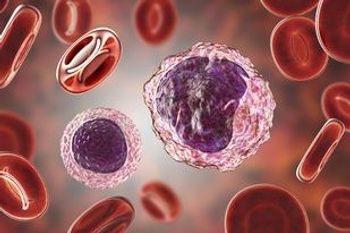
Modifications to the engineering of the chimeric antigen receptor (CAR) mean that the patient produces fewer cytokines and has time to clear them before they build up in the bloodstream.

Academic medical centers and a group representing community oncology practices have both raised concerns about CMS’ proposed reimbursement plan for chimeric antigen receptor (CAR) T-cell therapy, the individually manufactured gene treatments that are revolutionizing cancer care. The plan will be finalized next month, a year after the federal government launched a national coverage analysis to determine how to pay for these lifesaving yet expensive cancer treatments.

A panel during the opening day of the 2019 National Comprehensive Cancer Network Annual Conference examined the recent process for National Coverage Determination for chimeric antigen receptor (CAR) T-cell therapy and what it means for the future of innovative treatments.

There is concern among stakeholder groups that references to “hospital” could mean that community practices would be unable to be reimbursed by Medicare under a proposed National Coverage Determination.
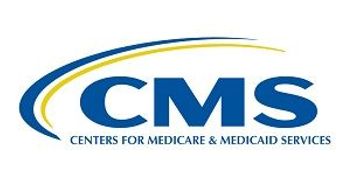
The payment model will gather data that will be used to create a long-term model for patients not enrolled in studies or registries.

Published: April 16th 2019 | Updated:

Published: November 1st 2020 | Updated:
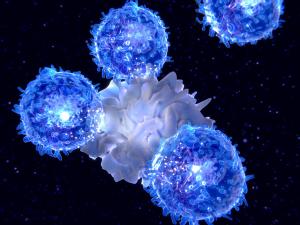
Published: July 25th 2020 | Updated:

Published: March 21st 2019 | Updated:
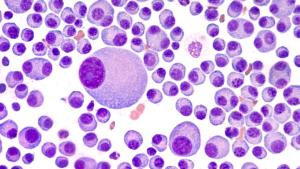
Published: December 23rd 2019 | Updated:
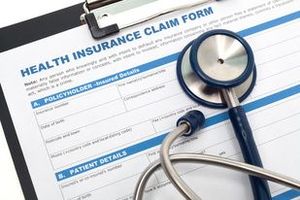
Published: March 14th 2019 | Updated: